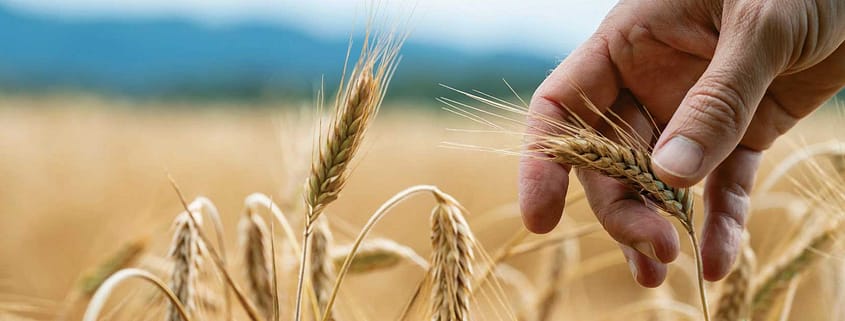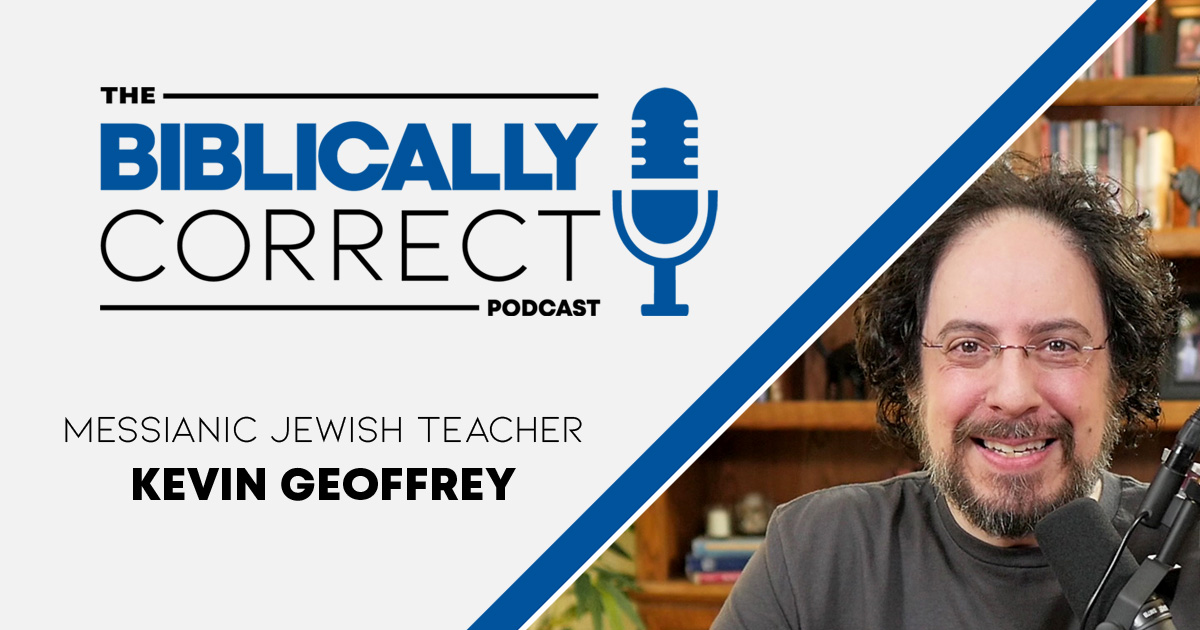Yes, Yeshua’s Disciples Violated the Shabbat
The Master Yeshua clearly stated that one of His purposes for coming as the Messiah was to teach, uphold, and fulfill the Torah (Matthew 5:17-19). Yet not only do many believers maintain just the opposite, but some also believe that Yeshua condoned breaking and violating the Shabbat (Sabbath)—just as the Pharisees accused Him. Let’s see if that’s true. In Matthew 12:1-7 it says,
At that time, on the Shabatot, Yeshua went through the grain fields, and His disciples were hungry, and they began to pluck heads of grain and to eat them. And the P’rushiym [Pharisees], having seen, said to Him, “Look! Your disciples do that which is not permitted to do on the Shabat.” And He said to them, ‘Did you not read what David did when he was hungry (and those with him)—how he went into the House of God and ate the Lechem HaPaniym [Bread of the Presence], which it is not permitted to him to eat (nor to those with him), except to the Ko’haniym [Priests] alone? Or did you not read in the Torah that on the Shabatot the Ko’haniym in the Temple profane the Shabat, yet are blameless? [A]nd if you had known what this is—‘I WANT LOVING-KINDNESS, AND NOT SACRIFICE’—you would have not condemned the blameless.” (mjlt)
So Yeshua was walking through the grain fields on the Shabbat, and as they went, His disciples were plucking heads of grain to eat. The Pharisees saw this and accused the disciples of violating the Shabbat, since, according to the Torah, work on the Shabbat is forbidden, and plucking heads of grain is considered work. But not only did Yeshua not rebuke His disciples, He also never denied that they had in fact broken the Shabbat. How, then, did He answer the accusation? By extrapolating a principle from the Scriptures that actually permits the violation of explicit Torah commands!
First, He referenced 1 Samuel 21, pointing to how David ate the holy bread of the presence that Leviticus 24:9 says he was not permitted to eat. Then Yeshua observed how the priests did their commanded work of making sacrifices every day—including the Shabbat—such that they “profane the Shabat, yet are blameless.”
From these two Scriptural examples, Yeshua had established a pattern of biblical behavior and then extrapolated a previously unstated principle, which He revealed in the parallel passage in Mark 3:27, saying, “The Shabat was made for man, and not man for the Shabat…” He had also supported this conclusion by citing Hosea 6:6, “I WANT LOVING-KINDNESS, AND NOT SACRIFICE…”
In other words, Yeshua here established a biblical principle which says that there can be valid exceptions to the violation of explicit Torah commands when the violation is necessary to show mercy and to preserve life. He is teaching us that the Shabbat in particular, and the Torah in general, aren’t meant to be kept simply as an act of rigid obedience to God. Rather, God gave the Torah and the Shabbat to Israel for the direct benefit of the people. Yeshua’s principle says that we are not supposed to be slaves to the Shabbat. On the contrary, the Shabbat is supposed to be a celebration of freedom and blessing to us. And because of this, we are permitted to occasionally exceed the boundaries set for the Shabbat if it means giving life that would otherwise be harmed without it. As the Master continues in Matthew 12:12, “So then, it is permitted on the Shabatot to do good!”
Did this post bless you?
♥
The priests, then, were permitted to do the atoning sacrificial work on behalf of the people; David and his companions were permitted to eat the forbidden bread because they were in need of food; and Yeshua’s disciples were therefore also permitted to pluck grain in this instance, because they, too, were hungry and needed to eat. Yeshua’s disciples (though not Yeshua Himself) did, in fact, violate the Shabbat. Yet, just like David and the priests, the disciples were also blameless.
What do you think? Share your thoughts in the comments below!






Thanks for this detailed and revelatory explanation, I learned so much by the way you explained this and bringing the verses from 1st Samuel and Matthew to reference. Blessings!